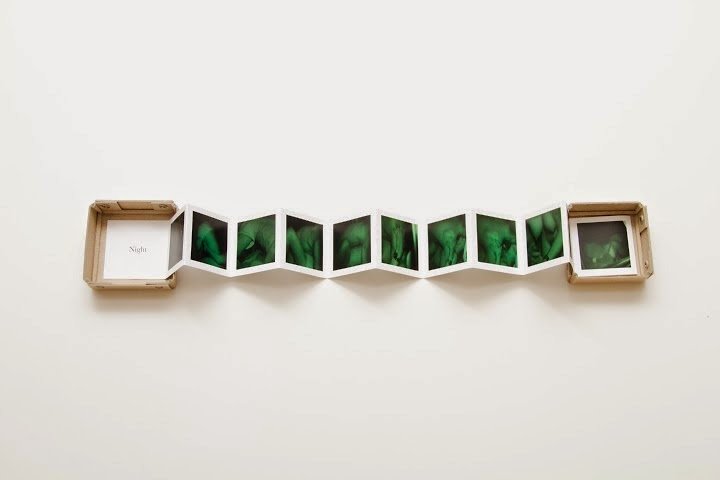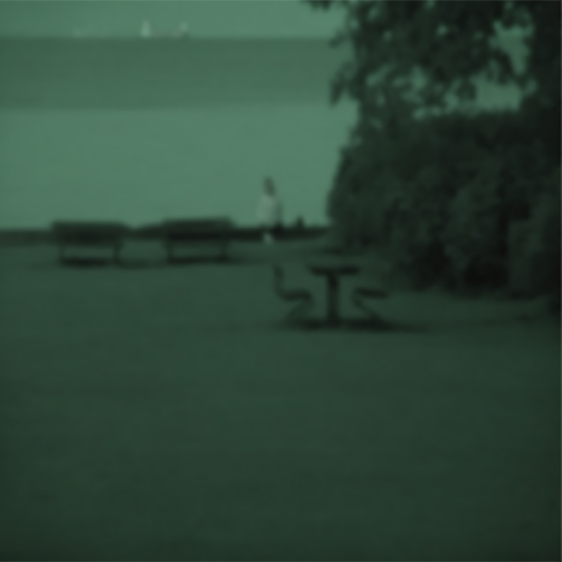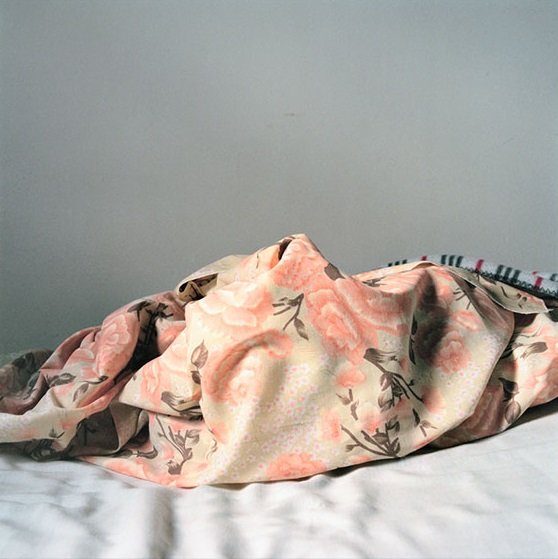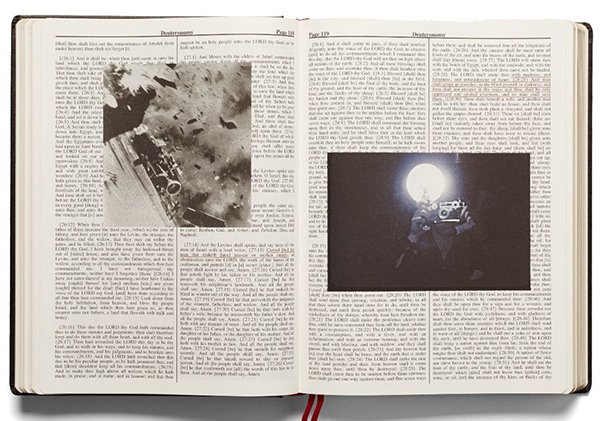Denmark –
Like any of the major religions, Islam seeks to regulate sexual relationships between members of their society through moral codes. As laid down in the Quran, any form of sexual behavior – intercourse, oral sex or any action that encourages sexual activity – is strictly forbidden before or outside of marriage. Of course, that doesn’t prevent muslims engaging in ‘unlawful meetings’, in pursuit of romantic love or the sheer gratification of mutual desires.
!Lina Hashim, an Iraqi photographer born in Kuwait and raised in Denmark, investigates the secret encounters that take place between young muslim lovers in parks, hidden between trees, or under the cover of the night on beaches and in parking lots. Using night vision cameras, inconspicuous smartphones or digital cameras equipped with long range telephoto lenses, she captured couples enjoying moments of the greatest intimacy in very public spaces in Sweden and Denmark.
!As Hashim, who also studied anthropology, points out, ‘those who come from a muslim background follow strict rules that subsume their individuality, so that the true self is rarely revealed. The public persona and the private life are two distinct zones, creating paradoxes in everyday life that lead to a form of cultural schizophrenia.’
!This tension between the public and the private spheres, which runs more acutely through the lives of these young muslims than of their non-muslim peers, is reflected in “Unlawful Meetings”. It lies in the invisibility these lovers enjoy in public; for the most part, passersby turn a discretely blind eye to the privacy they create for themselves in shadows and parked cars at nights.
!In her long term project, prompted by the single word ‘CAR’ written on the classroom blackboard by Nicolai Howalt, one of her teachers, she adopts the professional distance of the anthropologist conducting a field study, yet at the same time there is an inescapable sense of surveillance and a voyeurism akin to the work of Kohei Yoshiyuki. In the photographic act again we find the two zones of distance and proximity intertwined in a way that many viewers will find disturbing in its ambiguity.
!Hashim ensures the anonymity of her subjects, and thus the lawfulness of her recordings of their acts, by leaving out colors and by never showing more than 25% of their facial features. Yet what cannot be hidden is the passion, which, according to one of the youths she interviewed, is heightened exactly for being so secretly and so rarely enjoyed.
!For Lina Hashim herself, who identifies as a believing, but not a practicing Muslim, the project has led her to revisit the tenets of her faith as laid down in texts written in times so fundamentally different from today. Convinced that the ban on sex before marriage was written to protect women and their offspring, she wants to put up for discussion the question if contemporary women and men can’t find other options – in terms of health, or legal and financial security for themselves and their children – to take care of themselves.
Written by Hester Keijser – Stead Bureau
Based in The Hague, Hester Keijser is a freelance curator and author specialized in contemporary Photography with a focus on the Middle East.
























